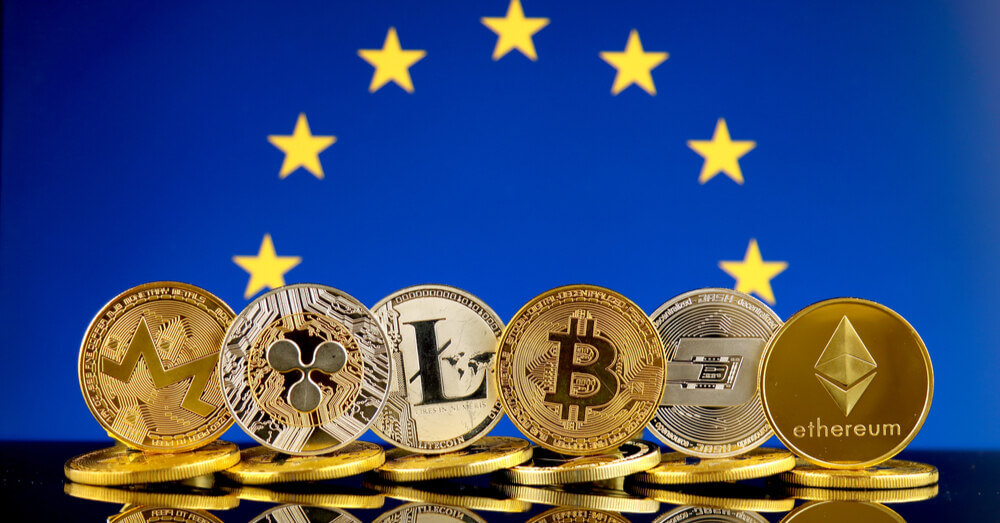
EU’s Executive Vice-President discussed the topic of crypto-assets regulation during a speech at the Digital Finance Outreach 2020 Closing conference.
The European Union is no stranger to the potential benefits crypto-assets have to offer. In a recent speech by Valdis Dombrovskis, the EU’s Executive Vice-President acknowledged the benefit that digital assets offer to consumers, businesses and market participants.
In the speech, Dombrovskis shared the EU’s plans to change the legal uncertainty that reigns over the crypto-assets ecosystem, as well as to lead the way to better regulations.
“Some crypto-assets fall under existing EU rules. Many do not. But they present familiar issues of consumer protection, market integrity, and equal conditions for competition.” expressed Mr. Dombrovskis.
The EU will propose a flexible pilot scheme later this year
The EU’s approach to crypto regulation will be in the form of legislation that incentivises and allows the industry to innovate by giving regulatory flexibility for experimentation, while also including close supervisory oversight.
Assets that are not covered, such as stablecoins, will have new regulations tailored to their specific needs, risks and the understanding required by investors and users alike. The level of flexibility of the regulations will have will be directly proportional to the risk the assets imply, according to EU regulators.
Europeans are ready for digital finance
Dombrovskis stressed that full confidence in a digital system was needed for users to adopt it, with confidence being the result of digital operational resilience.
With the demand for digital services on the rise as a result of COVID-19, the financial system has become more attractive for cybercriminals, who now have a more captive audience.
This resulted in the European Systemic Risk Board working on regulations that will demand financial industries to comply with standards to ensure the resilience of their systems, as well as promote an overhaul of legacy IT systems.
The EU is looking to ensure that financial institutions participate in a single market, promote a data-driven financial sector and stimulate innovation with tits new rules while remaining technology-neutral.
“Ladies and gentlemen, the digital age is firmly upon us. Europe’s financial sector needs it to move forward,” concluded Mr. Dombrovskis.

